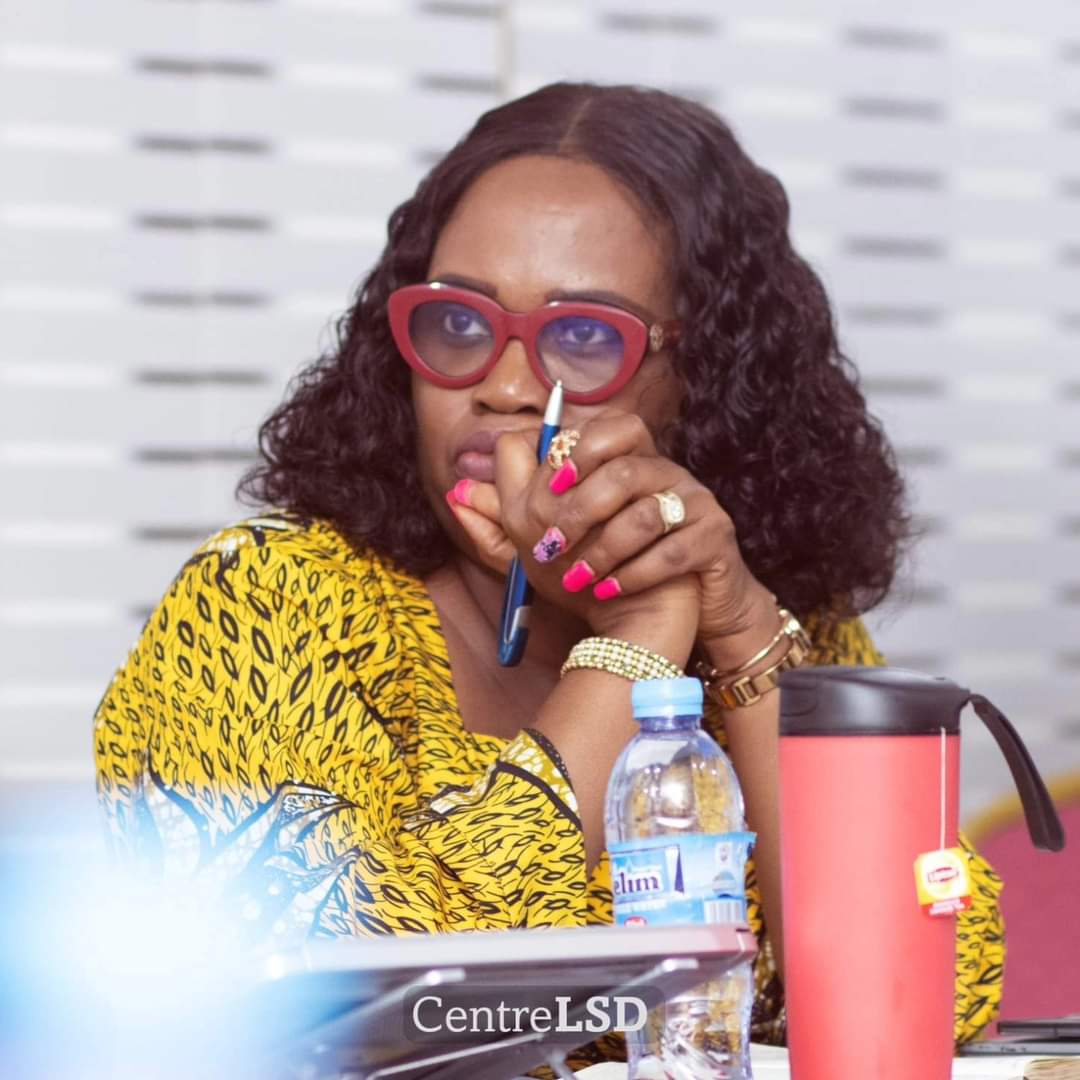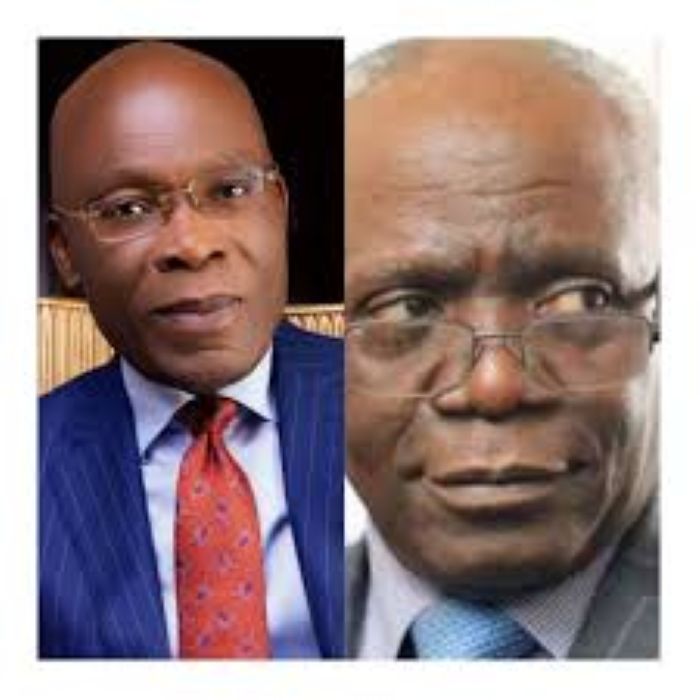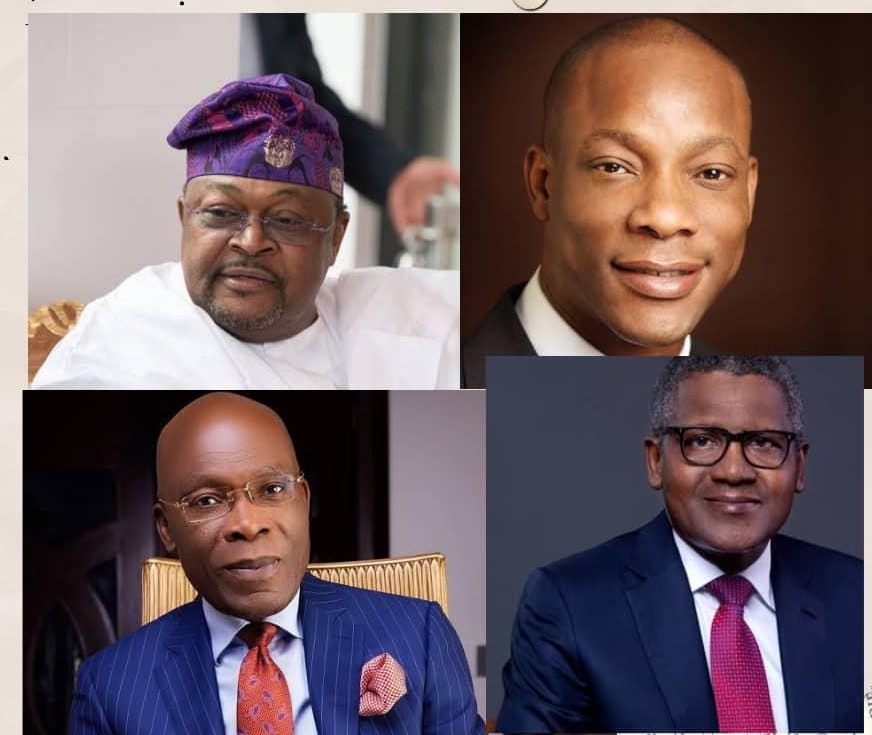The menace of gender-based violence (GBV) is growing in an alarming proportion, especially with the activities of the insurgency in the Northeast. From forced and early marriages to the physical, mental or sexual assault on a woman, it is said that one in three Nigerian women have experienced physical violence by age 15. The African Centre for Leadership, Strategy, and Development, is out to change the narrative. Its Director of Development, Mrs Margaret Fagboyo, in an e-note stressed the need to put an end to gender based violence and shared the strategy to achieve it in this interview.
Excerpts below:
Why the 16-day campaign to end gender-based violence?
The 16 Days of Activism Against Gender-Based Violence (GBV) is a global campaign aimed at raising awareness and galvanizing actions to prevent and eliminate GBV. It begins on November 25 (International Day for the Elimination of Violence Against Women) and ends on December 10 (Human Rights Day). The campaign highlights the devastating impact of GBV on individuals, families, and societies while emphasizing the urgency of coordinated efforts to end it.
What is the scope of this campaign?
The campaign addresses various forms of GBV, including physical, sexual, psychological, emotional violence and economic violence. It advocates for systemic changes at the individual, community, institutional, and policy levels. The focus extends to challenging societal norms that perpetuate violence and promote equal rights for all genders.
Men, too, become victims of gender-based violence. Does your organisation acknowledge this?
Yes, the African Centre for Leadership, Strategy, and Development (Centre LSD) acknowledges that men and boys can also be victims of GBV. While women and girls remain disproportionately affected, we advocate for an inclusive approach that ensures protection and justice for all survivors, regardless of gender. In Nigeria, approximately 30% to 35% of women aged 15-49 experience some form of gender-based violence (GBV) in their lifetime, according to reports from organizations such as the National Demographic and Health Survey (NDHS) and UN Women. This figure includes physical, sexual, emotional, and economic violence.
However, the percentage may vary depending on the region, with higher rates reported in conflict-affected areas, such as the North-East, due to ongoing insecurity and displacement.
The true extent of GBV in Nigeria may be higher, as underreporting remains a significant issue due to stigma, fear of retaliation, and lack of access to justice.
Is this your campaign nationwide or limited to FCT Abuja?
Our campaign is nationwide, but we implement targeted interventions in specific states like Benue and Kano to address unique contextual challenges of gender based violence and Promoting Climate Action Against Gender Base. This approach ensures a broader impact while tailoring solutions to local realities.
What are your strategies at achieving your desired goals?
Our strategies include: Working with the side-by-side movement of faith and traditional leaders on Gender Justice;
Advocacy for stronger legal frameworks and their implementation; Capacity building for the side-by-side movement and other Stakeholders so they are better equipped to deal with the issues of GBV; Community sensitization and engagement to shift harmful social norms; Capacity building for survivors, law enforcement, and service providers; Partnerships with stakeholders to amplify our reach and impact; Utilizing media platforms to disseminate awareness and educational content.
Is the African Centre for Leadership, Strategy, and Development collaborating with any organisation in deepening its reach?
Yes, we collaborate with national and international organizations, government agencies, community-based organizations, and media outlets. We are working with the Ministry of Women Affairs, the Ministry of Justice and the Ministry of Environment, NAPTIP, Police, Civil Defence, Faith based institutions, and traditional leaders institutions. These partnerships help leverage resources, expertise, and networks to ensure a comprehensive and sustainable approach to tackling GBV.






